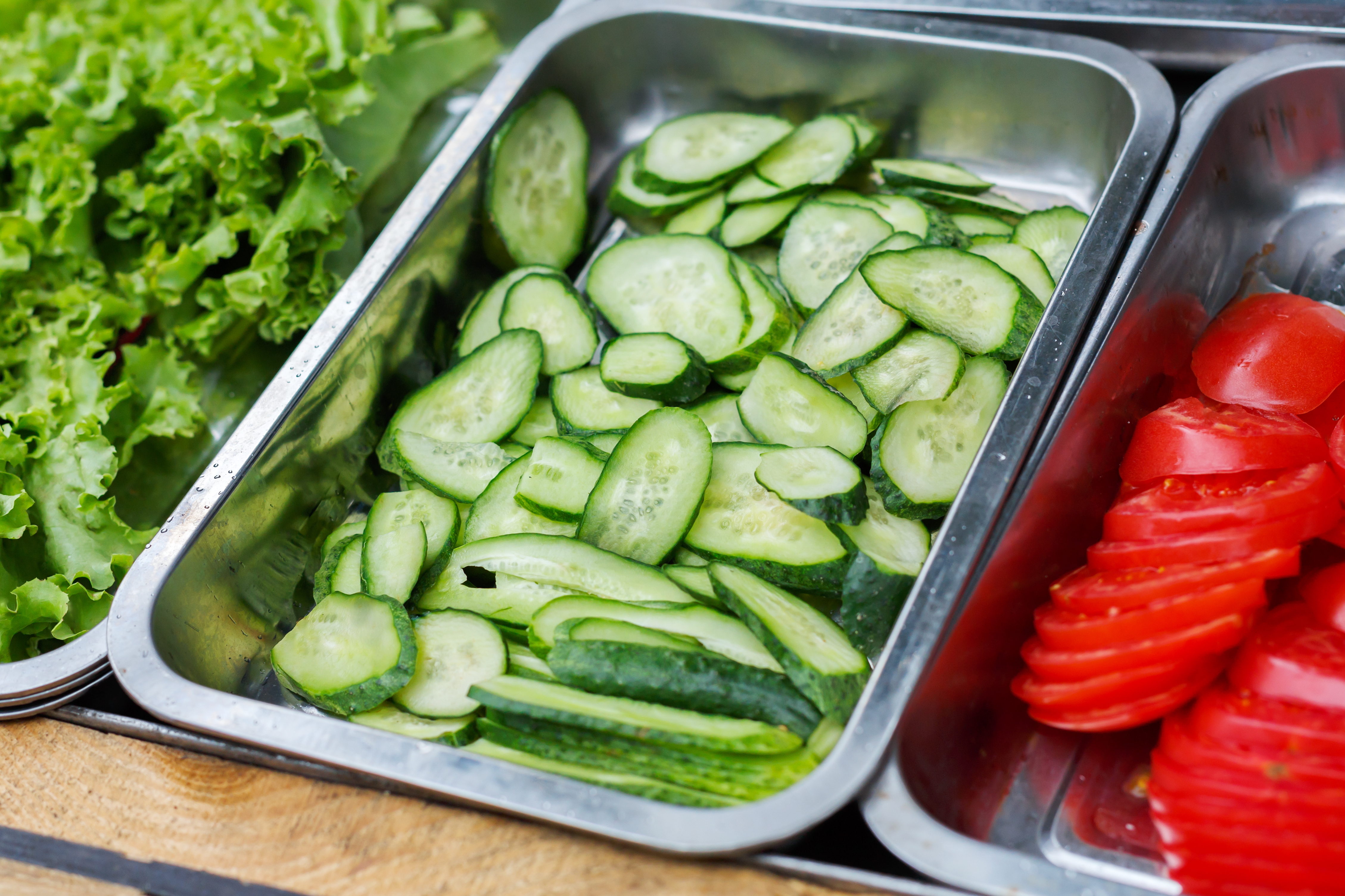- Home
- News
- 2019
- Labelling & Rotation
- Avoid the Crushing Costs of Improper Food Storage
Avoid the Crushing Costs of Improper Food Storage

We often hear helpful talk about proper food storage procedures, yet still too many commercial kitchens are getting it wrong. So, rather than concentrating on how to store food safely, let’s discuss the potential costs to businesses of having proven storage procedures continuously overlooked.
Increased Ingredient Costs
Competition in the food trade is extraordinary. Local food production companies are always up against cheaper foreign imports and restaurants and cafes litter the streets of every city like confetti after a wedding. So every business owner associated with food is looking for an edge to win an extra percentage point on their already squeezed margins. This necessitates their kitchens run like clockwork so wages bills are low, their customers are satisfied, and the raw materials costs are under control.
So why aren’t they using food safety labels on their stored foods?
This simple technique can save thousands of dollars per year being thrown out in the form of spoilt food. Food safety labels come in a variety of prepared forms for all food storage purposes from dry foods and kitchen prepared foods, to ingredients stored in fridges or freezers.
Fines
Health Inspectors play a valuable role in protecting public health. On a regular basis, they visit food preparation premises to ensure the proper standards of cleanliness and sanitation are being observed, food is not left in the food danger temperature zone (between 50C and 600C) and stored foods have accurate and legible food safety labels. Inspectors will require Chefs and Restaurant Managers to produce documentation to substantiate food delivery dates. They will then check use-by and best-before dates, as well as the freshness of ingredients.
Failure to comply with any of these requirements, and more, may result in a fine and being placed on a watch list until health inspectors are satisfied that standards have improved.
Food Poisoning Compensation
Kitchens failing to adhere to the basics of food safety run a substantially greater risk of being at the centre of food poisoning outbreaks. It is common practice these days for consumers to run legal actions against business owners whom, through their failure to comply with food safety standards, have created a situation where food poisoning occurred. The costs of these cases may run to six figures.
Reputation
The reputations of those associated with food poisoning cases rarely recover. The associated loss of income this causes can devastate individuals financially for years.
Avoiding the crushing strain and stress of the above is often as simple as using food safety labels, rotating stock and implementing sensible ordering strategies. Combine these with trained staff, and a robust business plan, and running a commercial kitchen can be a profitable and enjoyable experience.




















































































